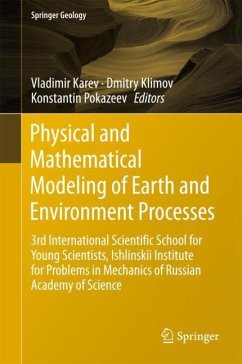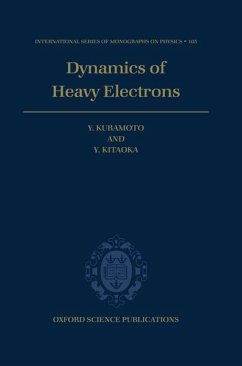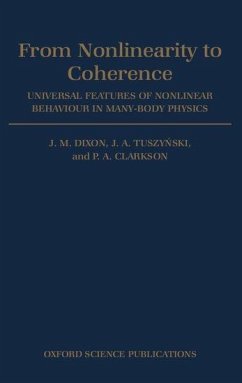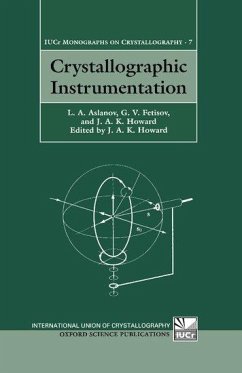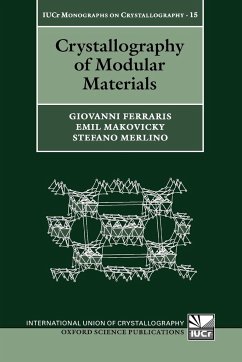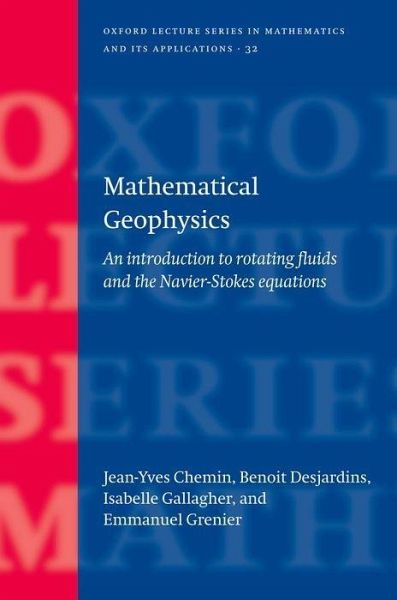
Mathematical Geophysics
An Introduction to Rotating Fluids and the Navier-Stokes Equations
Versandkostenfrei!
Versandfertig in 1-2 Wochen
172,99 €
inkl. MwSt.

PAYBACK Punkte
86 °P sammeln!
Aimed at graduate students, researchers and academics in mathematics, engineering, oceanography, meteorology, and mechanics, this text provides a detailed introduction to the physical theory of rotating fluids, a significant part of geophysical fluid dynamics. The text is divided into four parts, with the first part providing the physical background of the geophysical models to be analyzed. Part two is devoted to a self contained proof of the existence of weak (or strong) solutions to the imcompressible Navier-Stokes equations. Part three deals with the rapidly rotating Navier-Stokes equations...
Aimed at graduate students, researchers and academics in mathematics, engineering, oceanography, meteorology, and mechanics, this text provides a detailed introduction to the physical theory of rotating fluids, a significant part of geophysical fluid dynamics. The text is divided into four parts, with the first part providing the physical background of the geophysical models to be analyzed. Part two is devoted to a self contained proof of the existence of weak (or strong) solutions to the imcompressible Navier-Stokes equations. Part three deals with the rapidly rotating Navier-Stokes equations, first in the whole space, where dispersion effects are considered. The case where the domain has periodic boundary conditions is then analyzed, and finally rotating Navier-Stokes equations between two plates are studied, both in the case of periodic horizontal coordinated and those in R2. In Part IV, the stability of Ekman boundary layers and boundary layer effects in magnetohydrodynamics and quasigeostrophic equations are discussed. The boundary layers which appear near vertical walls are presented and formally linked with the classical Prandlt equations. Finally spherical layers are introduced, whose study is completely open.






